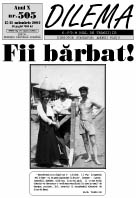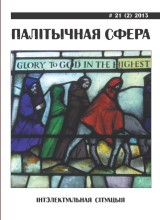SNAKE IN KYRGYZ FOLK BELIEF AND FOLK MEDICINE PRACTICE
KIRGIZ HALK İNANCI VE HALK HEKİMLİĞİ UYGULAMALARINDA YILAN
Keywords: Snake; snake treatment; Kyrgyz folk medicine; traditional belief of the Kyrgyz.
Today, there are various beliefs and practices about snake that is a reptile species that always attracts the attention of the community due to the different body structure, mysterious way of life and wakening of potential danger. Some of these beliefs and practices continue to exist in the Kyrgyz, an ancient Turkish community. For example, when a snake enters a tent in the rural areas or yard the house members spread milk drinks such as milk, buttermilk, koumiss on themselves to alienate the snake from the region. This is called "white spreading" (ak çaçuu in Kyrgyz). In addition, most keen people (folk doctors) set forth that their protective spirits are the "White Snake" (ak cılan) and use the so-called "white-medicine" (ak darı) treatment prepared from the organ of a snake during their treatments. The basis of the foundation of such belief and application is not fully understood yet. On the other hand, although snake symbolizes sly, cunning, vindictive, lethal, presence of malicious creature in most folkloric sources, it is remarkable that some Kyrgyz tales describe snake as intelligent, honest, responsive, resourceful and sacred creature. All these conduced towards the detailed study of snake in the Kyrgyz culture in our study. Snake in the Kyrgyz culture is based on a number of knowledgeable oral culture narrations. In our study, the traditional practices that we have seen and witnessed have been considered as well as this information. The subject of the article has been discussed within the framework of sub-headings Beliefs Related to the Snakes in Kyrgyz Folk Culture and Snake in Kyrgyz Folk Medicine. The purpose of this article is to introduce the place and importance of snake within the Kyrgyz culture, determine the roots of belief and practices regarding snakes between the Kyrgyz today and contribute to the research of aspects that have not been clarified in the general Turkish culture.
More...

